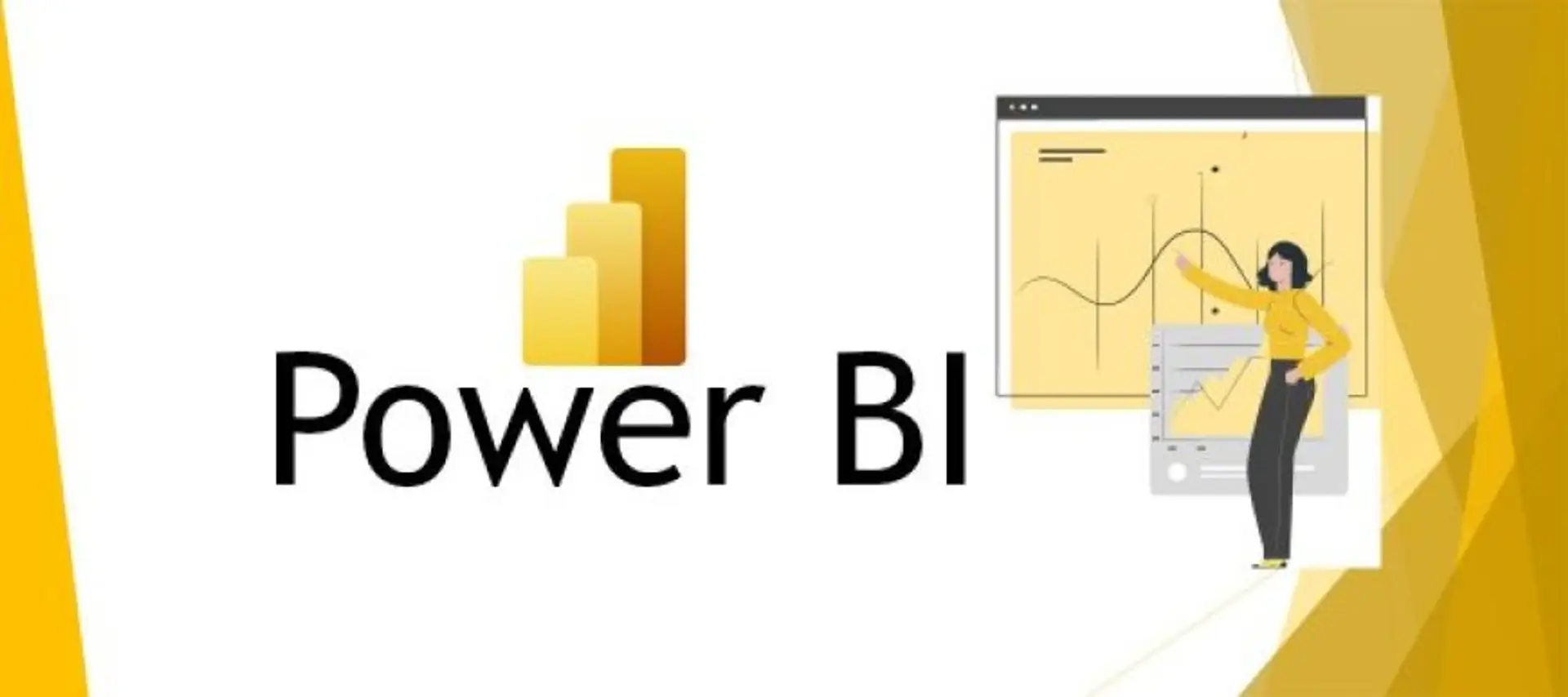

What are Filters in Power BI?
You are most likely aware of how strong this Microsoft business intelligence tool is if you are investigating Power BI course fees in India.
Still, what makes Power BI so successful in deriving insights from big databases. Its ability to intelligently filter data will help explain the solution.
Filters in Power BI are dynamic, responsive, context-sensitive tools that enable users to engage with and evaluate their data more successfully than merely basic data sieves.
Whether your dashboards are basic or aspirational, knowing how filters operate in Power BI can greatly improve their clarity, relevance, and effect.
What are Filters in Power BI?
Filters in Power BI are, technically, methods that control and enhance the data displayed in a report or visualization.
These filters highlight particular trends, help to clear data clutter, and show just what the user finds pertinent.
Filters run at several tiers inside Power BI:
- Report-level filters influence the whole report.
- Filters at the page level affect a given report page.
- Visual-level filters apply to specific charts or images.
- Dynamic filtering experiences are abundant due to the use of drill-throughs and slicers.
Strategic application of these filters will help data professionals create interactive and very insightful dashboards.
Why Filters Matter: Precision in Data Storytelling
Raw data by itself seldom conveys the whole story in real-world corporate reporting. Filters allow Power BI consumers to:
Give particular departments or areas top priority for KPIs.
Examine statistics over months, quarters, or years.
Sort results based on user inputs or specific dynamic choices.
For example, a sales dashboard with a region filter would let users quickly switch the emphasis from North America to Asia-Pacific without requiring several report versions.
Types of Filters in Power BI: An In-Depth Technical Look
Let’s discuss the main kind of filters Power BI offers:
1. Visual-Level Filters
These filters target just the chosen visual. When you wish to separate data on one chart without influencing others on the report page, they are helpful.
For a bar chart showing “Top 5 Products by Sales,” for instance, a visual-level filter guarantees just those five are shown.
2. Page-Level Filters
These filters cover all of the images on a certain report page. Imagine you are creating a dashboard for Q1 2025 performance; a page-level filter guarantees that every graphic on that page displays just Q1 data.
3. Filters of Report Level
Filters at the report level affect the whole report, including all the pages and images.
When distributing the report to several stakeholders who require consistent worldwide filters, such data from a specific nation or company unit, this is extremely helpful.
4. Slice cutters
Placed on report pages, slicers and visual filter elements, such as dropdowns, sliders, or buttons, have a visual impact.
Slice users allow one to dynamically change the filter. Additionally, being able to filter several images at once, slicers improve interactivity and customization.
5. Drill-through filters
These sophisticated filters let users right-click on a data point and travel to a comprehensive report page, passing the context, such as a specific customer ID or category, as a filter.
Use Case: Filters in Action
After looking over the Power BI Certification Cost and then registering in a Power BI certification program, you want to create a dashboard to examine marketing performance.
You can:
- Filters campaigns by channel, e.g., social media, email, PPC, using a slicer.
- Add a page-level filter showing just data going forward from 2024.
- Sort the top 10 performing campaigns by ROI using a visual-level filter.
- For every channel, examine KPIs, including cost-per-click or conversion rates, using drill-through.
These layers of filtering produce a very configurable, sophisticated dashboard with outstanding simplicity.
Performance Considerations: Filters and Data Models
Inappropriate use of filters might reduce performance. For instance, implementing complicated filters on big datasets or too many slicers could cause lag in dashboard performance. It’s essential to:
- Streamline DAX expressions.
- Choose the import mode rather than a straight query sensibly.
- Keep your indexing and clean data model.
One can master the functional and performance side of filter usage by learning these elements through a suitable course (and knowing the Power BI course fees in India).
Conclusion
Filters in Power BI are basic, regardless of your level of experience, whether you are a business professional seeking tools to better convey findings or a fresh graduate exploring data analytics.
These are the control systems that direct the user experience and narrative in your reports, not only choices in a sidebar.
Understanding filters completely should be your first concern if you intend to become a master Power BI user.
Additionally, consider comparing Power BI course fees in India among institutions to maximize value for your chosen course of study before enrollment.
For those living in metropolitan areas, you may also like to review Power BI course fees in Delhi, since many prestigious universities in the capital provide classroom and blended learning with realistic projects on real data filtering problems.
Related Posts
© 2025 Invastor. All Rights Reserved

User Comments